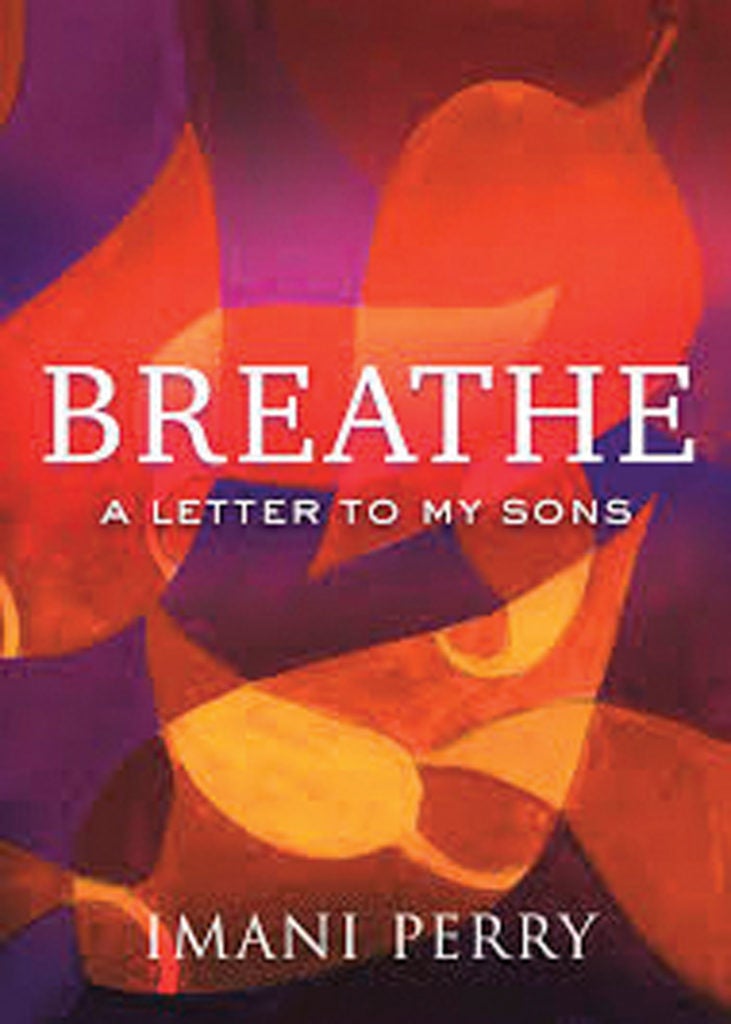
“Breathe: A Letter to My Sons,” by Imani Perry ’00 (Beacon)
Perry conveys the joys and challenges of life to her two sons, framed by a recognition that to be black in America brings “never-ending questions about your abilities and quests to prove your inabilities.” While she shares her hope for her sons and shows her pride in them, she also expresses her fear for them, as she relates the history of injustice against black people that persists today. She recollects her own history, including her youth spent in Alabama, Chicago, and Cambridge, and expounds on her values, writing, for example, about her doubts about religion while embracing the message of Jesus. And she offers maternal guidance: Forgive yourself for your failures; don’t reconcile yourself to injustice but don’t be devastated by it; be courageous, not reckless; enjoy the small things in small moments, like drinking through a straw.
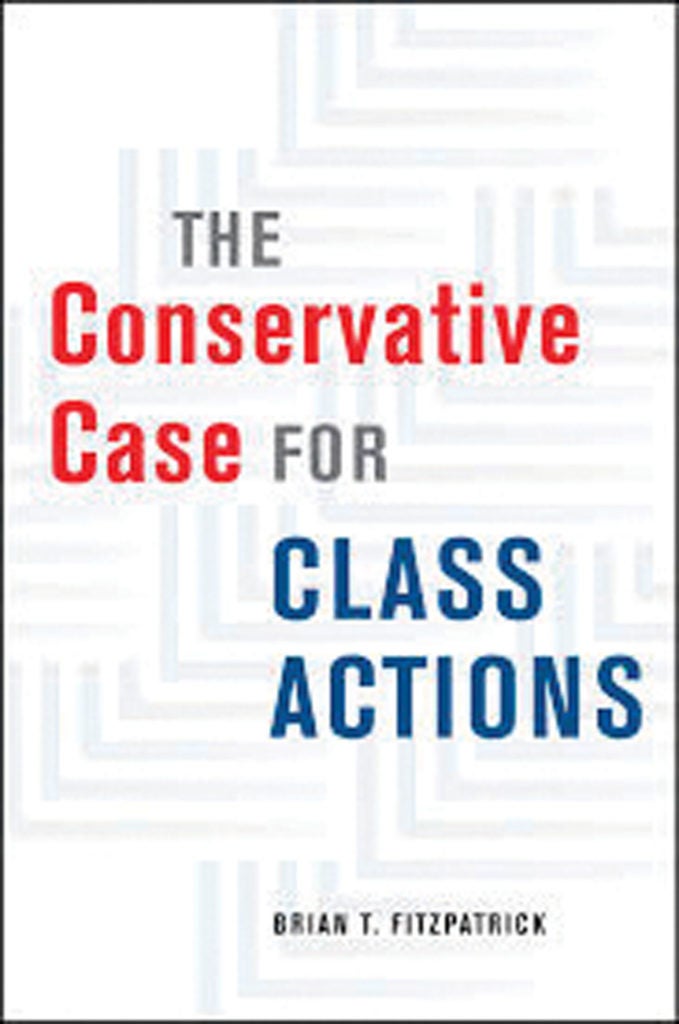
“The Conservative Case for Class Actions,” by Brian T. Fitzpatrick ’00 (Chicago)
Private class-action lawsuits, which President Jimmy Carter once sought to largely abolish, now have been targeted for elimination by many conservatives, according to Fitzpatrick. But the Vanderbilt Law School professor, who calls himself a lifelong conservative, contends that class actions are both the most effective and the most conservative way to hold corporations accountable. Markets alone can’t do that, he argues, and favoring government action rather than private lawsuits contravenes conservative principles, as do complaints that these lawsuits are driven by the profit motive. He also recommends new rules to address valid concerns about class actions, noting that it is better for conservatives to mend the practice than to end it.
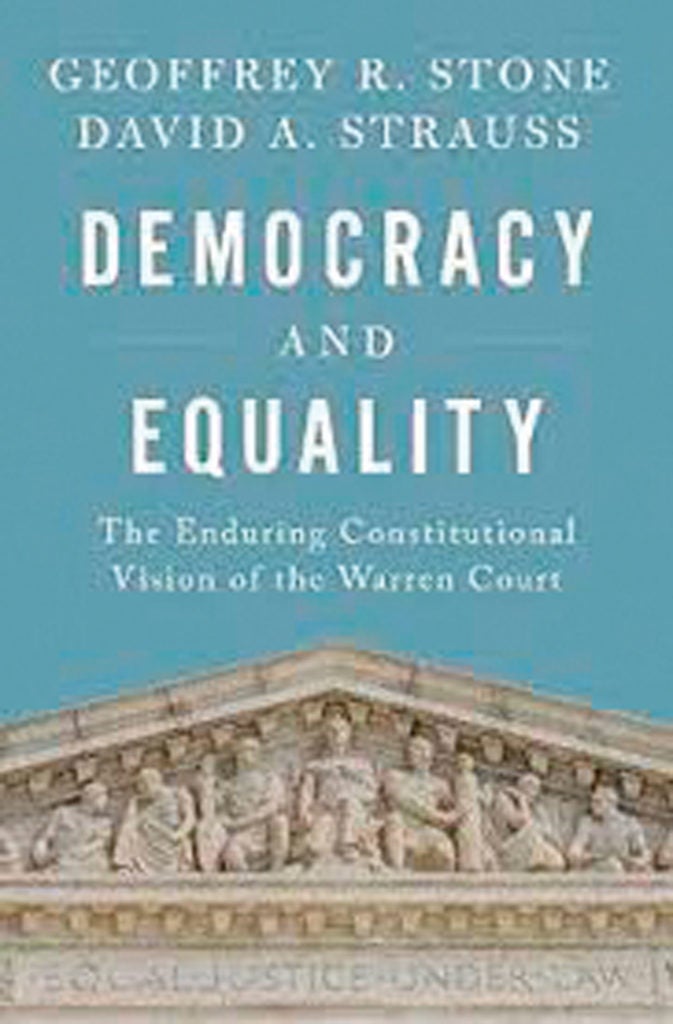
“Democracy and Equality: The Enduring Constitutional Vision of the Warren Court,” by David A. Strauss ’78 and Geoffrey R. Stone (Oxford)
The Warren Court ended with the retirement of Chief Justice Earl Warren in 1969. Yet its impact still resounds today, assert Strauss and Stone (both University of Chicago professors), who analyze the Court’s most influential decisions and rebut criticisms that it overreached. From Brown v. Board of Education in 1954 through the free-speech case Brandenburg v. Ohio in 1969, the Court reinforced American traditions of equality, democracy, and respect for the dignity of individuals, and relied on the lessons of the past to extend rights to people who had been excluded, according to the authors. The Court adhered to democratic principles by being reluctant to strike down congressional acts, and its decisions were “principled, lawful, and consistent with the spirit and fundamental values of our Constitution,” they write.
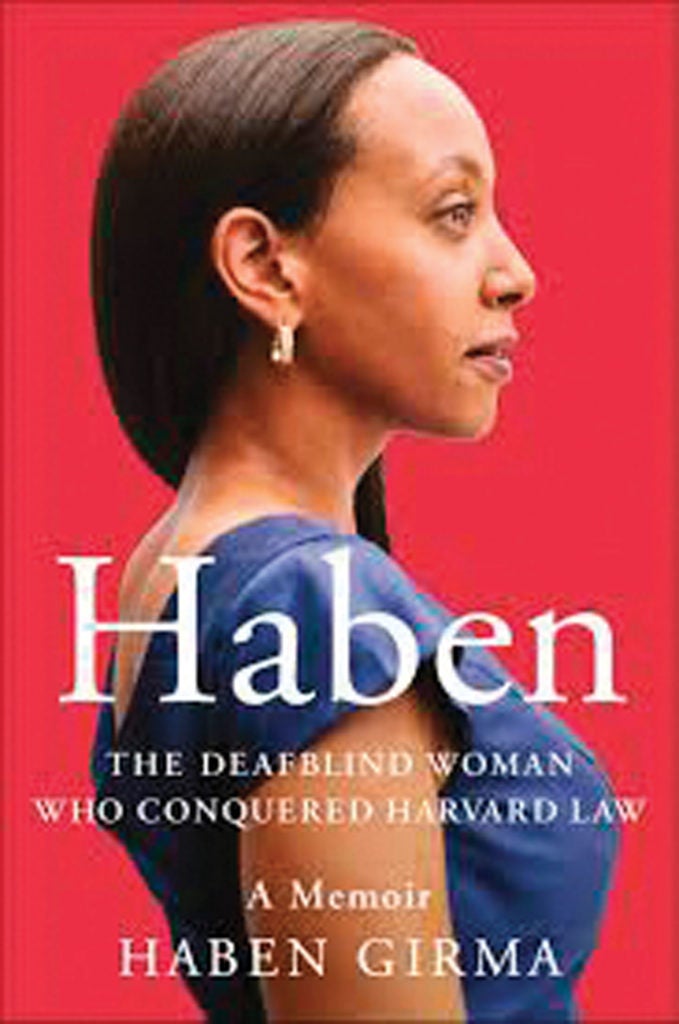
“Haben: The Deafblind Woman Who Conquered Harvard Law,” by Haben Girma ’13 (Twelve)
A memoir of the first deafblind person to graduate from HLS, the book details the story of a child of Eritrean refugees who were determined to protect their daughter while she was determined to show them and the world what she could accomplish. She would help build a school in Mali, climb an iceberg in Alaska, and give a speech at the White House celebrating the 25th anniversary of the Americans with Disabilities Act, and on that occasion President Barack Obama ’91 would type his greetings to her on her Braille computer. Now an advocate for disability rights, Girma writes that technology can forge relationships across differences as can efforts to facilitate inclusion of people who too often have been marginalized.
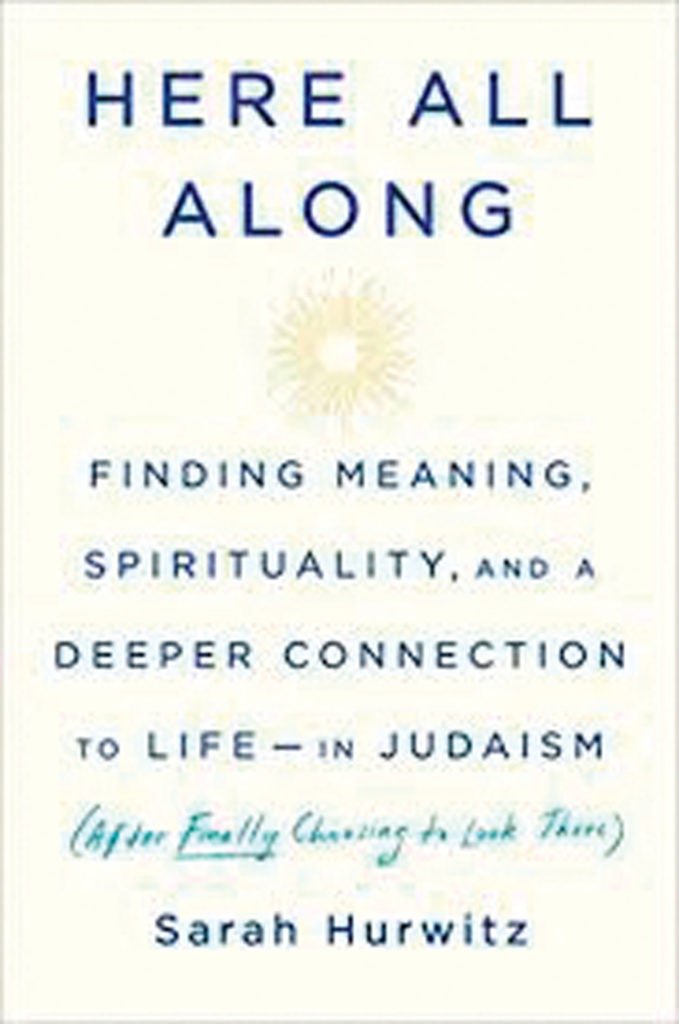
“Here All Along: Finding Meaning, Spirituality, and a Deeper Connection to Life–in Judaism (After Finally Choosing to Look There),” by Sarah Hurwitz ’04 (Spiegel & Grau)
Going to Hebrew school as a child led Hurwitz to grow disillusioned about Judaism. So she did not expect that taking a class on Judaism in her 30s would lead her to immerse herself in the study of her religion. Now she shares her reflections in a book “that teaches the basics while also uncovering some of Judaism’s most profound ideas.” She offers an overview of Jewish history and the “interpretive tradition” that gives the religion vitality in current times. She highlights the reasons she and others choose to embrace Judaism, such as its emphasis on questioning and debate; its ethic of engaging with and bettering the world; and its aversion to dogma. Having achieved a career dream by becoming head speechwriter for first lady Michelle Obama ’88 and senior speechwriter for President Barack Obama ’91, Hurwitz still felt that something was missing from her life. Reconnecting with Judaism helped her find it.
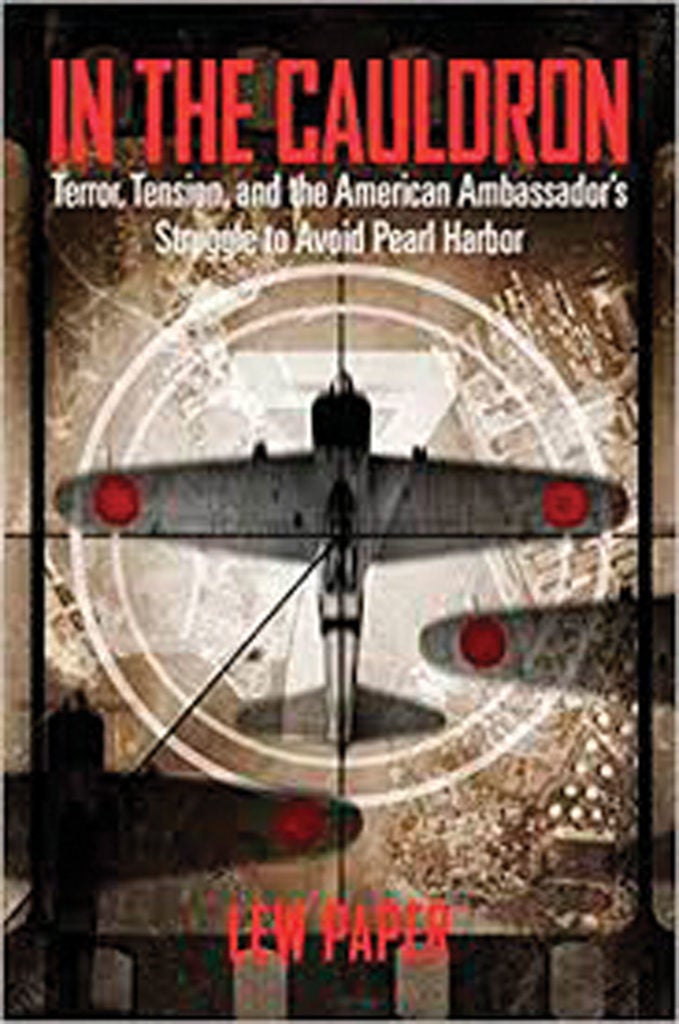
“In the Cauldron: Terror, Tension, and the American Ambassador’s Struggle to Avoid Pearl Harbor,” by Lew Paper ’71 (Regnery History)
After serving as U.S. ambassador to Japan and living in Tokyo for nearly 10 years by 1941, Joseph Grew understood perhaps more than anyone the imminent danger of a Japanese attack against the U.S. Informed by myriad primary sources and interviews, Paper reveals the intricacies of Grew’s ultimately unsuccessful efforts to stave off the deadliest foreign attack on U.S. soil at the time, on Pearl Harbor. The book covers Grew’s attempt to broker a meeting between President Franklin D. Roosevelt and the Japanese prime minister, his intervention with Japanese and U.S. officials amid rising tensions between the countries, and the aftermath of war with Japan.
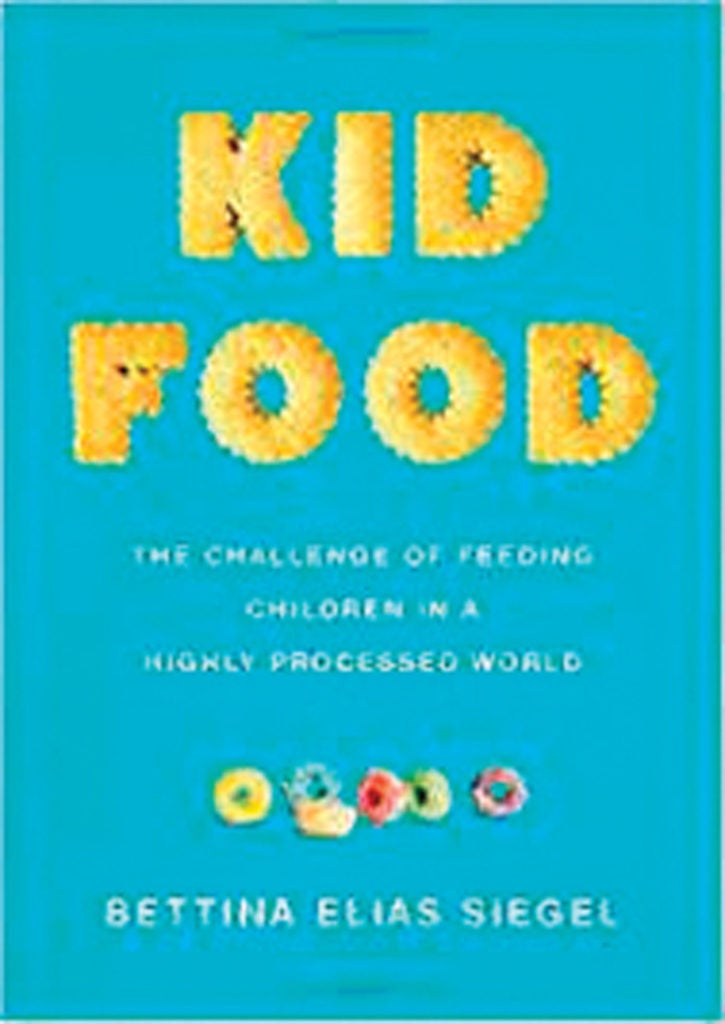
“Kid Food: The Challenge of Feeding Children in a Highly Processed World,” by Bettina Elias Siegel ’91 (Oxford)
When Siegel learned that her child’s school served animal crackers for breakfast, she began researching school food. Later she would write a blog on the subject, thus launching an unlikely career as a former attorney turned expert on “Kid Food.” In her book, she examines how the food industry promotes unhealthy food, often directly to kids; why school food remains highly processed despite attempted federal reforms; and how “treats,” typically junk food, are given to children to modify their behavior. She also strives to give parents and consumers the tools to improve the food environment for kids and recommends government actions including free school meals.
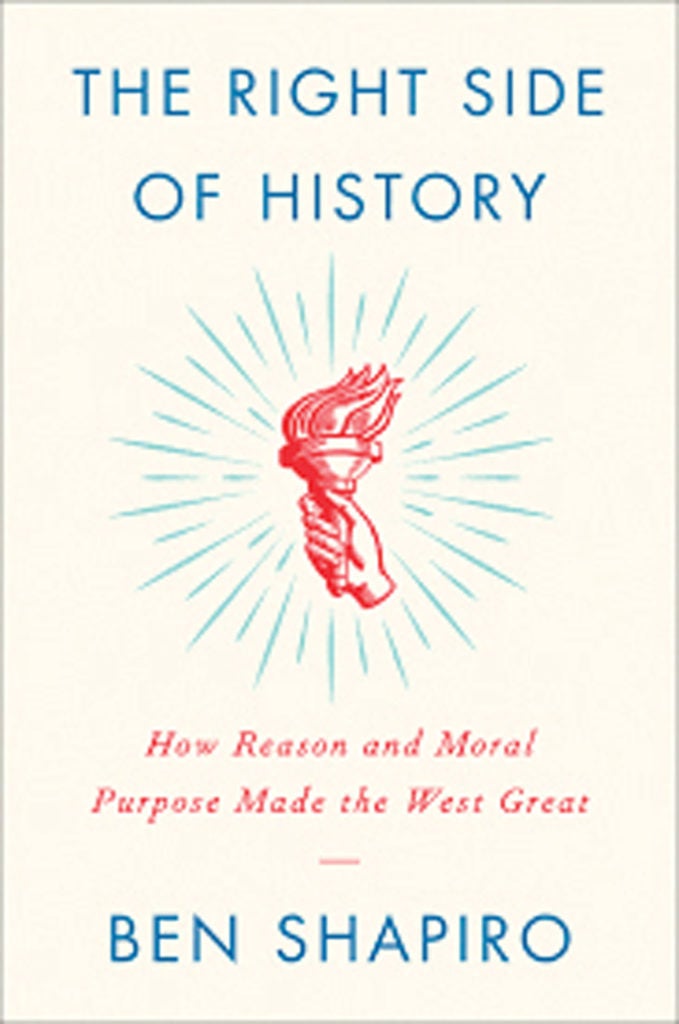
“The Right Side of History: How Reason and Moral Purpose Made the West Great,” by Ben Shapiro ’07 (Broadside)
Shapiro was motivated to write the book after a near riot broke out when he gave a talk in 2016 at California State University at Los Angeles. That incident, writes Shapiro, a conservative writer and radio host, and other attacks on free speech demonstrate that something has been lost in our society, and his book is an attempt to regain it by reclaiming “Judeo-Christian values and Greek natural law.” The author offers an accessible survey of Western philosophers and history, including an examination of the Bible as well as modern thinkers like Dostoyevsky and Nietzsche. He concludes with an entreaty that “we become defenders of valuable and eternal truths” and train our children to be that as well.
